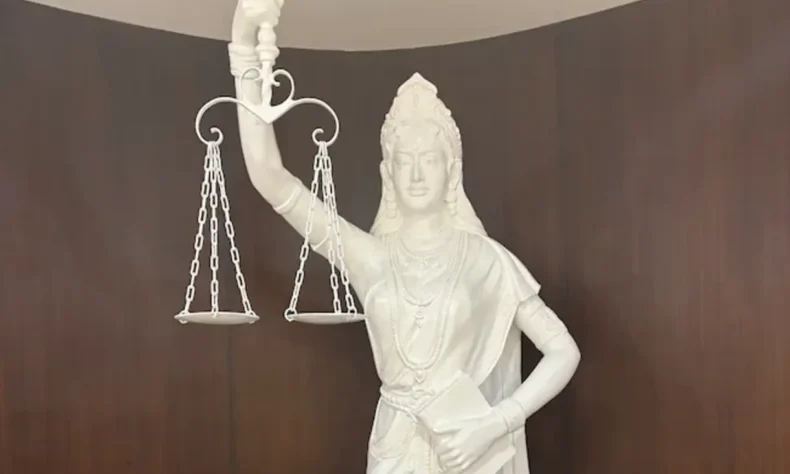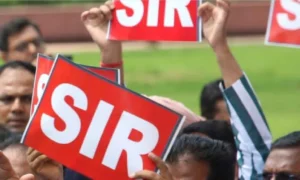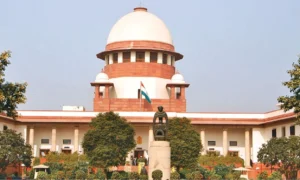
The Supreme Court of India has granted six weeks of interim bail to Mahesh Raut, a researcher and activist accused in the Bhima Koregaon–Elgar Parishad case, citing serious medical concerns. Raut, who has been in custody since June 2018 under the Unlawful Activities (Prevention) Act (UAPA), has been diagnosed with rheumatoid arthritis, a progressive autoimmune condition that affects his bones, joints, and muscles, causing pain and restricted mobility. His counsel argued that prolonged incarceration without timely medical treatment would lead to irreversible deterioration of his health.
The matter was heard by a Bench of Justices M. M. Sundresh and Satish Kumar Sharma. Senior Advocate C. U. Singh, appearing for Raut, urged the Court to consider both his health condition and the fact that he had already been granted regular bail by the Bombay High Court in September 2023. That order, however, had been stayed soon after to allow the National Investigation Agency (NIA) to pursue an appeal before the Supreme Court. The stay has since been repeatedly extended, leaving Raut in prison for nearly seven years despite the High Court’s finding that his continued detention was not warranted.
The NIA strongly opposed the plea for interim bail. Its counsel argued that Raut’s role in the alleged conspiracy was not peripheral, claiming that he had facilitated the transfer of funds to Maoist groups and acted as a conduit between banned organizations and others accused in the case. The prosecution emphasized that the seriousness of the charges—ranging from unlawful activities to alleged involvement in terrorist networks—meant that interim relief should not be granted lightly, especially when the trial is still pending.
Nevertheless, the Supreme Court acknowledged that questions of personal liberty and health cannot be overlooked in the face of prolonged imprisonment without trial. Justice Sundresh observed that the High Court had already assessed the merits of the case and found grounds to grant bail, which weighed heavily in the Court’s consideration. Balancing the state’s concerns with the individual’s right to medical care and dignity, the Bench directed that Raut be released for six weeks so he could undergo treatment. Conditions attached to the interim bail include restrictions on travel, regular reporting to authorities, and the requirement that he not engage in any activity that could prejudice the ongoing proceedings.
The order comes in the broader backdrop of the Bhima Koregaon case, where several activists, lawyers, and academics were arrested for their alleged involvement in a conspiracy said to be linked with the 2018 violence near Pune. The case has drawn widespread attention, not only because of the seriousness of the allegations but also because of its implications for civil liberties, freedom of expression, and the scope of the UAPA. Critics of the investigation have argued that the case represents an abuse of anti-terror legislation to silence dissent, while the government maintains that those arrested were engaged in activities that posed a threat to national security.
During the proceedings, the Court also noted that the applications of other accused, including Jyoti Jagtap, remain pending and will be considered in October. This signals that the Court is aware of the prolonged detention many of the accused continue to face without substantive progress in the trial. For Raut, the order offers a brief reprieve, granting him the opportunity to seek medical treatment outside prison walls, though the larger question of his continued incarceration under the UAPA remains unresolved.
📰 Crime Today News is proudly sponsored by DRYFRUIT & CO – A Brand by eFabby Global LLC
Design & Developed by Yes Mom Hosting






